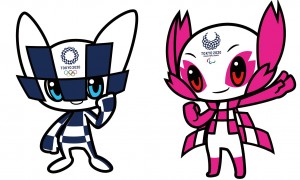1. but (然而):
yet (对等连接词) however; nevertheless; nonetheless (连接副词)
2. so (因此):
thus; therefore; hence ; consequently; in consequence; as the/a result; for this reason (连接副词)
3. besides, in addition to + n. (此外):
apart from (从属连接词) in addition; more so; moreover; furthermore; on the other hand (连接副词)
4. because of (由于/因为+ N./Ving):
due to; owing to; resulted from; by reason of; on account of; as a result of (从属连接词)
5. because, since (由于/因为+子句):
owing that; as; due to the fact that; for the reason that (从属连接词)
6. since (既然):
as; now that; given that; inasmuch as; as long as; so long as (从属连接词)

7. though, although (虽然/尽管):
even though (从属连接词、连接副词) despite that; in spite of; in spite that; notwithstanding; even so (连接副词)
8. otherwise(否则):
or else; elsewise; if not (从属连接词)
9. suddenly (突然):
unexpectedly; abruptly (副词) all of a sudden; all at once (惯用语 idiom)
10. on the opposite (反过来说):
on the contrary; in contrast; on the other hand (连接副词) the other way (a)round; quite the opposite (惯用语 idiom)
以上连接词虽然代表同一个意思,但因为词性上的不同在文法使用上会有些差异。
*对等连接词(but, yet, so, or):连接词可连接两个句子
ex:I love her, but she doesn’t love me.
*连接副词(however, nevertheless, nonetheless):通常以分号 “;”和逗号”,”加诸于副词连接词前后,并置于两个独立子句之中。
ex: He loves her; however, she doesn’t love him. 或者 He loves her. However, she doesn’t love him.
*从属连接词(as, as long as, because, since):从属子句在某种程度上是用来修饰主要子句。而主要子句可单独存在,从属子句却无法单独存在。







